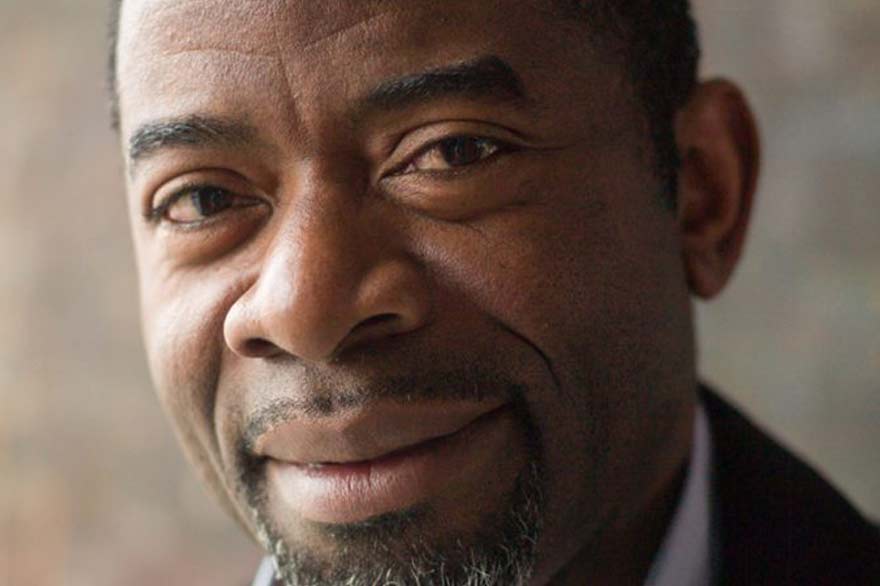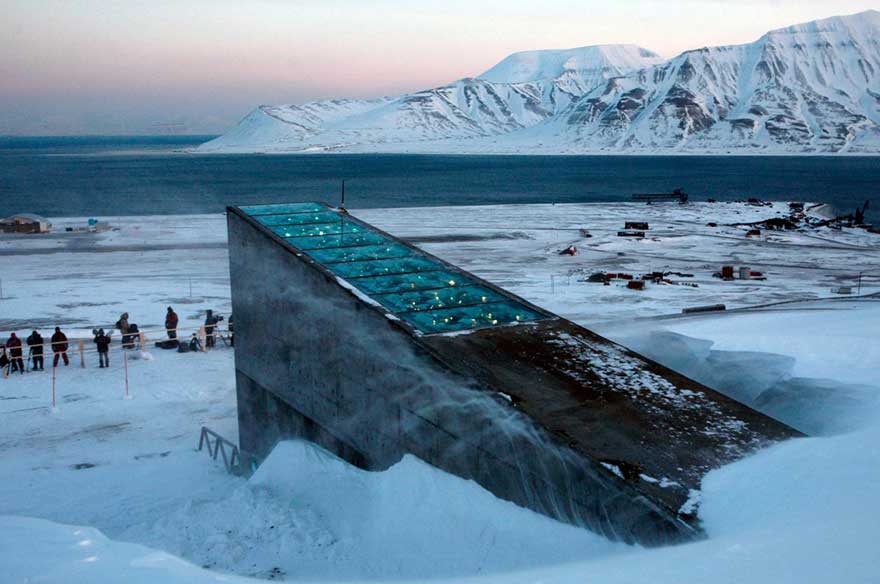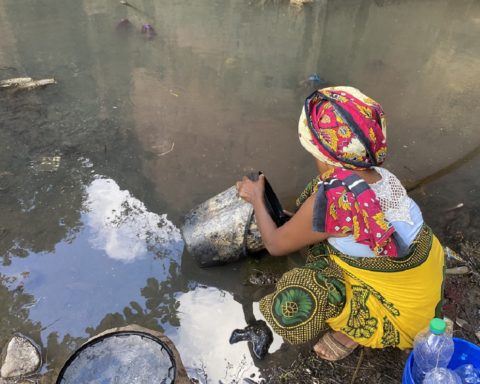A global meeting
Pyrog: an example of waste to energy recovery
In 2015, the Pyrog project, supported by the Future Investment Program (PIA) under the impetus of ADEME, was launched with the aim of recovering solid recovered fuels (CSR). These residues bring together everything that is currently difficult to recycle. IMT Mines Albi and IMT Atlantique have joined forces with two companies: Séché Environnement and ETIA. Using a pyrolysis process, the synthesis gas produced was used for district heating. This project is being implemented on the Séché site at Changé in Mayenne. This project illustrates the potential of waste recycling to produce energy locally, with a lower environmental impact.












